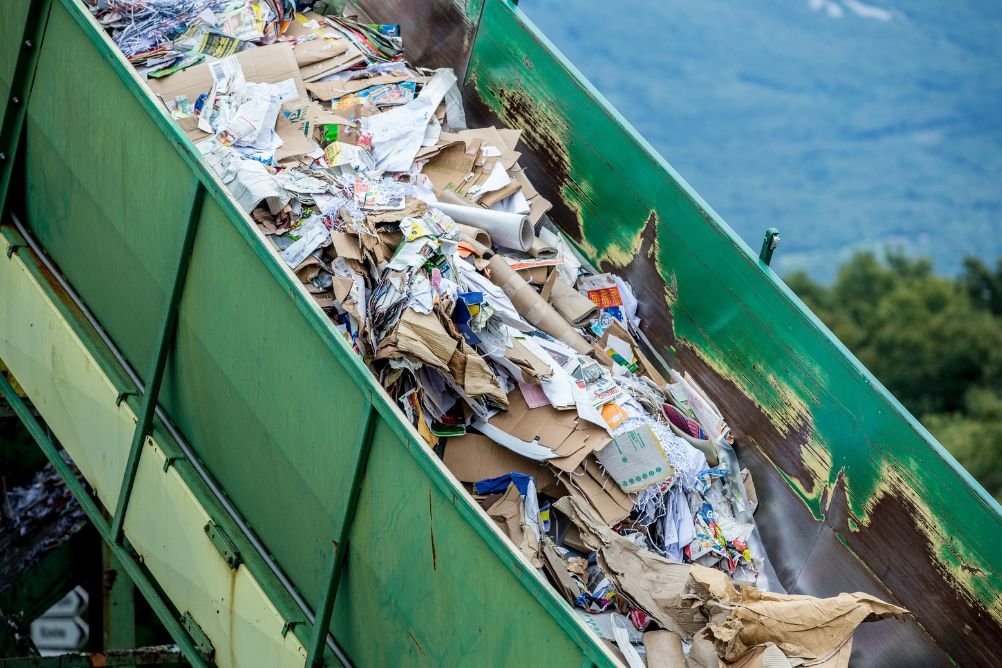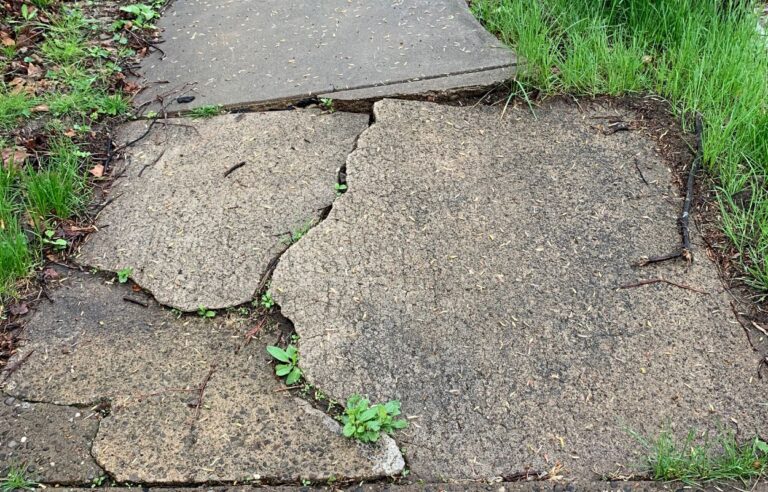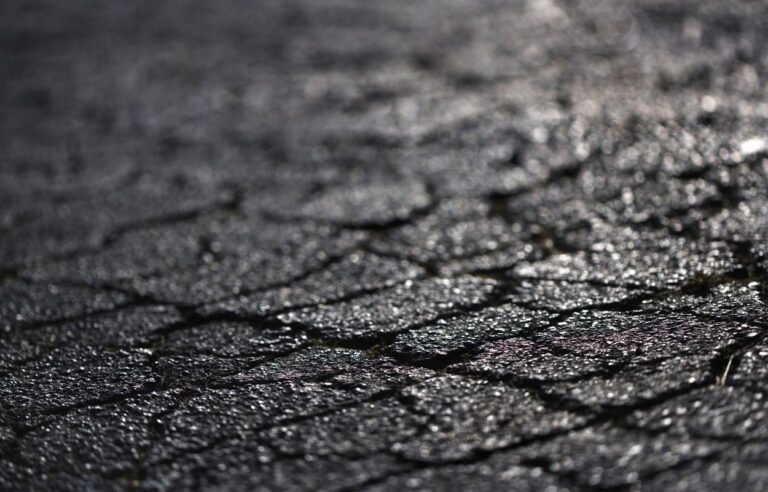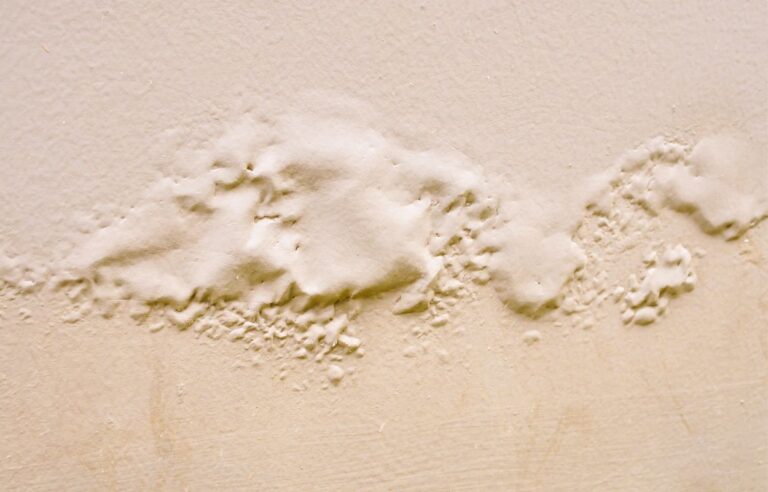
Demolition services play a crucial role in urban development, transforming old structures into new opportunities. However, the environmental impact of demolition waste cannot be overlooked. Vancouver Island, known for its breathtaking landscapes and commitment to sustainability, is taking significant strides towards responsible disposal practices. In this blog post, we will explore the environmental challenges posed by demolition waste and delve into Vancouver Island’s approach to mitigating its impact.
THE SCOPE OF DEMOLITION WASTE
Demolition projects generate a substantial amount of waste, comprising various materials such as concrete, wood, metals, plastics, and hazardous substances. These materials, if not handled properly, can have adverse effects on the environment, including pollution, habitat destruction, and depletion of natural resources.
THE ENVIRONMENTAL IMPACT OF DEMOLITION WASTE
Pollution and Air Quality:
During the demolition process, dust, particulate matter, and potentially harmful substances may be released into the air. These pollutants can affect the respiratory health of nearby communities and contribute to air pollution, which has broader implications for climate change and overall environmental well-being.
Soil Contamination:
Improper handling and disposal of demolition waste can lead to soil contamination. Harmful chemicals and heavy metals present in certain construction materials can seep into the ground, polluting groundwater and posing risks to both human and ecological health.
Resource Depletion:
Demolition waste often contains valuable resources, such as metals, wood, and concrete, which, if not salvaged and recycled, contribute to the depletion of natural resources. Proper management and recycling of these materials can help reduce the demand for new resources, conserving energy and minimizing environmental impact.
VANCOUVER ISLAND’S RESPONSIBLE DISPOSAL PRACTICES
Waste Sorting and Recycling:
Vancouver Island has implemented strict regulations for the sorting and recycling of demolition waste. Demolition service providers are required to separate different types of materials at the source to maximize recycling opportunities. Salvageable items, such as doors, windows, and fixtures, are collected for reuse, reducing the need for new manufacturing.
Hazardous Material Handling:
To address the potential hazards associated with demolition waste, Vancouver Island enforces stringent protocols for handling and disposal of hazardous materials. Asbestos, lead-based paint, and other harmful substances are carefully removed and disposed of in designated facilities, minimizing the risk of contamination.
Sustainable Construction Practices:
Vancouver Island encourages sustainable construction practices that aim to minimize waste generation during the demolition process. This includes adopting deconstruction methods, where structures are carefully dismantled to salvage as many materials as possible for reuse or recycling.
COLLABORATION AND EDUCATION
Stakeholder Collaboration:
To tackle the environmental impact of demolition waste, Vancouver Island promotes collaboration between various stakeholders, including demolition contractors, waste management facilities, and local government agencies. This collaborative approach ensures the implementation of effective waste management strategies and the sharing of best practices across the industry.
Public Education and Awareness:
Educating the public about responsible waste disposal practices is crucial. Vancouver Island conducts awareness campaigns to inform residents and businesses about the environmental consequences of improper demolition waste disposal. By fostering a culture of responsible waste management, the island aims to minimize the negative impact on the environment.
Demolition waste poses significant environmental challenges, but Vancouver Island has demonstrated a commitment to responsible disposal practices. Through waste sorting, recycling, hazardous material handling, and sustainable construction practices, the island is working towards mitigating the environmental impact of demolition services. Furthermore, collaboration among stakeholders and public education initiatives have helped raise awareness and promote sustainable waste management behaviors. By continuing to prioritize responsible disposal, Vancouver Island is setting an example for other regions.





